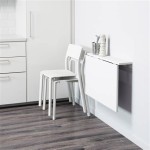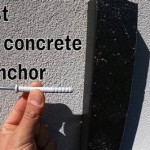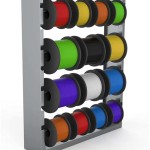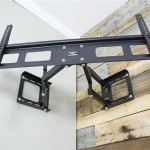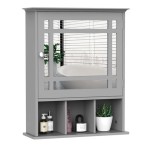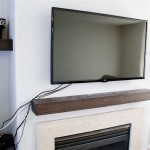Legs For Wall Mounted Sink: A Comprehensive Guide
Wall-mounted sinks, also known as floating sinks or vanity-free sinks, are a popular choice for modern bathrooms due to their sleek and space-saving design. However, the installation process of these sinks requires special attention to ensure proper support and functionality. One crucial component that plays a significant role in this regard is the leg for the wall-mounted sink.
Sink legs, also referred to as support brackets or vanity legs, are designed to provide additional support and stability to the sink, preventing it from sagging or pulling away from the wall over time. They are typically made of durable materials such as stainless steel, ensuring longevity and resistance to corrosion.
### Types of Sink LegsDepending on the specific design and requirements of the wall-mounted sink, there are different types of legs available:
- L-Shaped Legs: These legs are designed to create a right-angle support system, with one side attached to the wall and the other side supporting the sink from below.
- T-Shaped Legs: Similar to L-shaped legs, T-shaped legs offer support from two perpendicular directions, with the horizontal bar of the "T" supporting the sink from below.
- Single-Post Legs: As the name suggests, single-post legs consist of a single vertical support post that extends from the floor to support the sink from underneath.
- Adjustable Legs: Some legs feature adjustable heights, allowing for greater flexibility during installation and ensuring a precise fit for the sink.
When selecting legs for a wall-mounted sink, it is crucial to consider several factors:
- Sink Weight: The weight of the sink plays a determining role in selecting legs that can provide adequate support. Ensure the legs are rated for the weight of the sink to prevent any potential issues.
- Sink Design: The design of the sink will influence the type of legs required. Some sinks may require specific leg configurations or mounting points, so it is important to check the manufacturer's recommendations.
- Wall Type: The type of wall where the sink will be mounted needs to be considered. Drywall, for instance, may require specialized legs with a wider spread for proper load distribution.
- Style and Finish: Sink legs come in various styles and finishes to complement the overall bathroom design. From brushed nickel to matte black or chrome, choose the finish that aligns with the desired aesthetic.
Proper installation of sink legs is essential to ensure the longevity and stability of the wall-mounted sink:
- Use Leveling Tools: Use a level to ensure that the legs are installed straight and level for proper support and to prevent any unevenness.
- Securely Mount the Legs: Tighten all bolts and screwsしっかりと to secure the legs to the wall and the sink. Insufficient tightening may compromise the stability of the sink.
- Check for Stability: Once the legs are installed, test the stability of the sink by applying gentle pressure to different points of the sink's surface. There should be no noticeable movement or creaking.
- Follow Manufacturer's Instructions: Adhere to the manufacturer's instructions carefully for specific installation procedures and torque specifications for the legs.
Proper maintenance and regular inspection of sink legs can help prevent potential issues and ensure continued functionality:
- Regular Cleaning: Clean the legs periodically using a mild detergent to remove any dirt or debris accumulation. This will prevent corrosion and maintain the aesthetics of the legs.
- Check for Loose Screws: Over time, screws and bolts may loosen, leading to potential instability. Regularly tighten any loose fasteners to ensure the legs remain securely mounted.
- Inspect for Rust or Damage: Regularly inspect the legs for any signs of rust or damage. If corrosion is detected, seek professional assistance promptly to prevent further deterioration or structural compromise.

Jones Stephens 31 3 4 In Adjustable Round Contemporary Lavatory Legs For Wall Mounted Sinks Chrome 2 Pack L65010 The Home

Wall Mount Sink Legs At Com

31 3 4 In Adjustable Round Contemporary Lavatory Legs For Wall Mounted Sinks

Sink Base Stand Not Included Metal Table Legs Mainstay Iron Frame Support Pipe Etsy

Gold Wall Mount Console Sink Base Brass Edwardian Baroque 29 Inch Vanity Custom Etsy

Jones Stephens 31 1 2 In Adjustable Hexagonal Traditional Lavatory Legs For Wall Mounted Sinks Chrome Pack L65001 The Home

Scarabeo 5303 Con By Nameek S Castellana 50 Inch Classic Style Double Console Sink Legs Thebathoutlet

Stainless Sink 30in W X 17in D Ceramic Console Bathroom With Metal Legs Wall Mount Single Bowl From Lordear

Bayonne Console Top

Jones Stephens 31 1 2 In Adjustable Hexagonal Traditional Lavatory Legs For Wall Mounted Sinks Chrome Pack L65001 The Home


